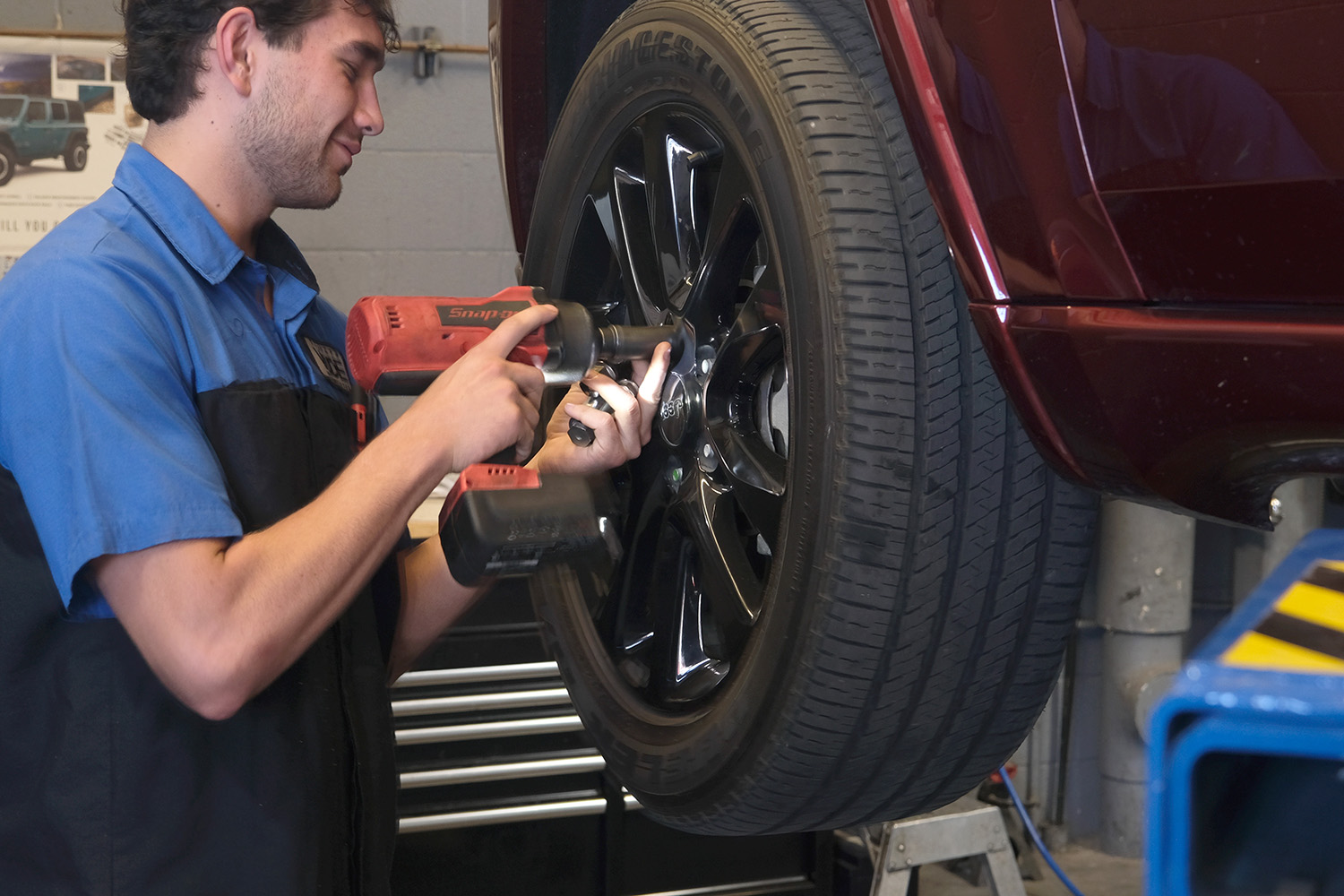Summer Auto Service Near Me

10 Tips for Getting Your Car Serviced for Summer Driving
Check your tires
Tires are one of the most important safety features on your car, and they're especially important in the summer when the heat can cause them to wear down more quickly. Make sure your tires are properly inflated and have good tread depth.
Change your oil and filter
Oil is essential for keeping your engine running smoothly, and it should be changed every 3,000 to 5,000 miles. Your owner's manual will have the specific recommendations for your car.
Check your coolant
Coolant helps to keep your engine from overheating, and it's especially important in the summer when temperatures can be high. Check your coolant level and make sure it's topped off.
Check your brakes
Brakes are another important safety feature, and they can wear down more quickly in the summer due to the heat. Make sure your brakes are working properly and that the pads and rotors are in good condition.
Check your belts and hoses
Belts and hoses help to keep your car's engine running, and they can wear down over time. Check your belts and hoses for any signs of wear or damage.
Check your air filter
The air filter helps to keep dust and debris out of your engine, and it should be changed every 12,000 to 15,000 miles.
Check your windshield wipers
Windshield wipers are essential for keeping your vision clear in the rain or snow, and they can wear down more quickly in the summer due to the heat and sun. Make sure your windshield wipers are in good condition and that the blades are not cracked or worn.
Check your fluid levels
In addition to checking your oil and coolant, you should also check the levels of other fluids in your car, such as brake fluid, power steering fluid, and windshield washer fluid.
Get your car serviced by a professional
If you're not comfortable checking your car's fluids or if you're not sure how to do it, it's always best to have your car serviced by a professional.
Be prepared for the heat
In addition to getting your car serviced, there are a few other things you can do to prepare for the heat, such as:
– Drink plenty of fluids to stay hydrated. – Stay in the shade as much as possible. – Take breaks from driving if you're feeling hot or tired. – Park in the shade if possible.
By following these tips, you can help to ensure that your car is in good condition and that you're safe to drive during the summer months.
Additional Tips for Summer Driving
– Slow down. The faster you drive, the more heat your car will generate. – Avoid driving in the heat of the day. If possible, schedule your driving for early morning or evening when the temperatures are cooler. – Use your air conditioning. If your car has air conditioning, use it to stay cool. – Take breaks. If you're feeling hot or tired, take a break from driving and cool down. – Be aware of the signs of heat exhaustion. The signs of heat exhaustion include: Dizziness; Headache; Nausea; Fatigue; Confusion; Pale skin; Rapid heart rate; and Heavy sweating.
If you experience any of these symptoms, stop driving and seek medical attention immediately.

